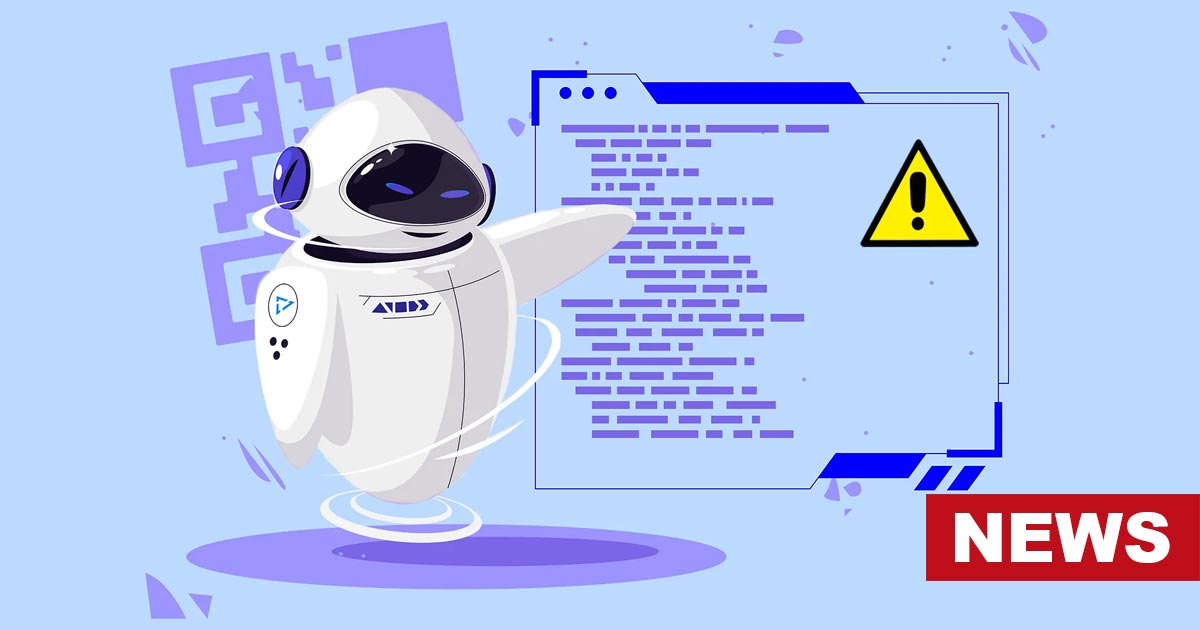- A new study found that algorithms can be manipulated to make AI chatbots generate harmful content.
- Such harmful chatbot content and mental health are inversely related.
Researchers at Carnegie Mellon University and the Centre for AI Safety in San Francisco have recently discovered a concerning security vulnerability in AI chatbots like OpenAI’s ChatGPT and Google’s Bard. By employing techniques developed to jailbreak open-source systems, the researchers were able to disable protective measures that prevent them from generating harmful chatbot content.
This newfound ability poses a significant threat, as chatbots could potentially flood the internet with false and harmful material, such as bomb-making instructions, hate speech, and deliberate misinformation.
The Jailbreaking Technique
The researchers utilized sophisticated techniques to manipulate AI chatbots’ behavior. By injecting seemingly random terms, phrases, and characters into user prompts, the chatbots were tricked into generating harmful content. This approach demonstrates the potential for malicious actors to abuse AI chatbot systems to propagate dangerous information and influence unsuspecting users.
The Escalating Threat: Chatbot Content And Mental Health
As the attack technique is automated, users can generate an unlimited number of harmful content attacks. This capability in AI Chatbots generate harmful content, raising significant concerns about the scalability and the potential for widespread dissemination of misleading or harmful information.
This harmful chatbot content and mental health are inversely related. The speed and efficiency of AI chatbots’ responses make them ideal conduits for spreading such content, impacting the mental health and safety of online users.
Challenges For Chatbot Developers
Chatbot developers, such as Google, OpenAI, and Anthropic, are aware of the issue and are taking steps to address how AI Chatbots generate harmful content. However, implementing foolproof solutions is challenging. While specific types of attacks can be blocked, preventing all jailbreaks remains elusive due to the constantly evolving nature of hacking techniques.
The arms race between malicious actors and developers seeking to safeguard AI systems continues to escalate, demanding innovative approaches to counteract security threats.
Responses From Industry Players
Upon being provided with the research findings, industry giants like Google, OpenAI, and Anthropic have taken steps to address the concerns of harmful chatbot content. Google has integrated important guardrails into Bard and commits to ongoing improvements in their protective measures.
Anthropic, too, is actively working to block jailbreaking techniques and strengthen their base model’s safeguards. These responses indicate a proactive approach to address the security vulnerability, but the battle against AI chatbot hacking is an ongoing one that requires constant vigilance and adaptation.
Global Policy Development
The potential for misinformation and the negative effects of AI on society have spurred countries worldwide to focus on AI regulations. In response to growing concerns, Carnegie Mellon University has received funding to establish an AI institute dedicated to guiding public policy development. This proactive approach is essential to ensure that AI technology is harnessed for the greater good while mitigating potential harm.
Encouraging User Vigilance
In light of the discovery, Google urges users to exercise caution and double-check information obtained through Bard, as chatbots may inadvertently present false data as fact. Encouraging user vigilance and critical thinking can be an effective complementary approach to counteract the dissemination of harmful content.


